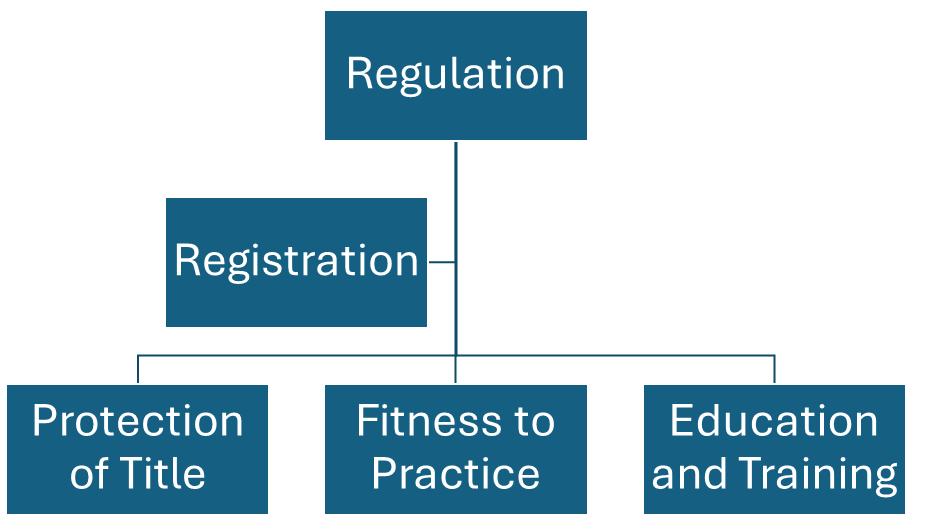Editorial
Social Science for Inclusive and Sustainable Futures: A Commentary 1-2
The accelerating pace of global change underscores the critical role of social science in shaping inclusive and sustainable societies. While technological and economic innovations are often prioritized, social science provides the essential insights into human behavior, cultural dynamics,...
Research Article
What is Literacy? Empirical Perspectives on Literacy from Two Rural Communities in Ghana 3-16
The concept of literacy is complex and dynamic, having evolved across contexts, cultures, and scholarly traditions. This paper reports findings from two rural Ghanaian communities, Juaso and Saaman, to explore how literacy is perceived and practiced. Framed within the theory of Literacy as...
Research Article
Register as Critical Instrument in the Regulation of Built Environment Professions: A QDA of Institutional Frameworks for Practice 17-30
The paper evaluates the register’s mechanism as an instrument of regulation for professions in the built environment, taking the case of Kenya. It undertakes a qualitative document analysis (QDA) of the regulatory legislations for professions in the built environment: including architecture,...
Research Article
Trust and Emotional Authenticity in AI-Mediated Mental Health Support in Nigeria 31-47
The exponential growth of artificial intelligence (AI) offers new opportunities for mental health support, particularly in resource-limited settings like Nigeria, where less than 10% of the population accesses adequate care. This study investigates how Nigerians informally use general-purpose...
Research Article
Multilevel Correlates of Youth Delinquent Behaviors: An Exploratory Analysis of Socioeconomic Context, Psychological Traits, and Task-Based Neural Activation in the ABCD Study 48-70
Background:Delinquent behaviors during early adolescence reflect complex interactions between individual traits, family context, neighborhood conditions, and neurobiological responses to emotional stimuli. Despite extensive research on each domain, few studies...
Research Article
Ethiopian Traditional Clothing: Impacts on Global Fashion, Marketing Strategies, and Emerging Perspectives in Fashion Tourism 71-96
Ethiopia is home to more than 80 ethnolinguistic groups, each distinguished by its own language, cultural practices, and unique traditional attire. Hand weaving and indigenous crafts represent significant non-agricultural sources of livelihood and cultural expression within the country. This...

 Irhanida Abdul Kadir (Author)
Irhanida Abdul Kadir (Author)

